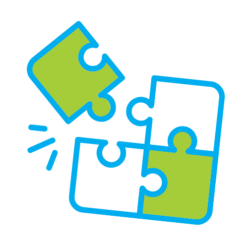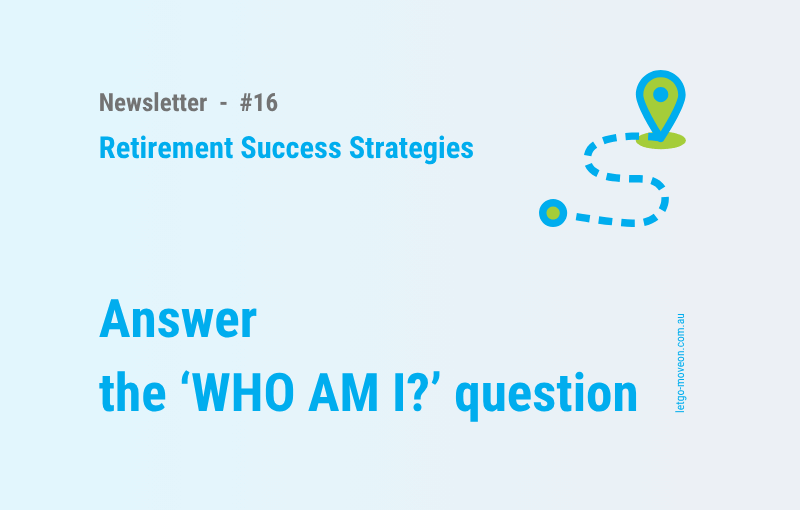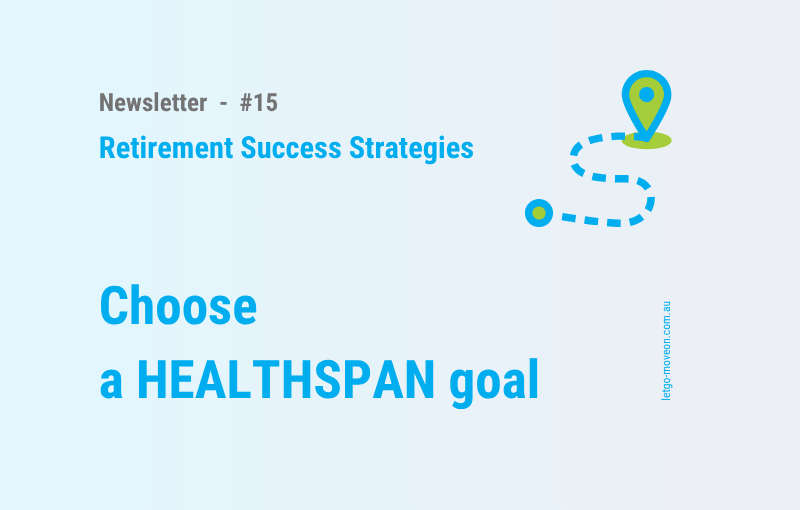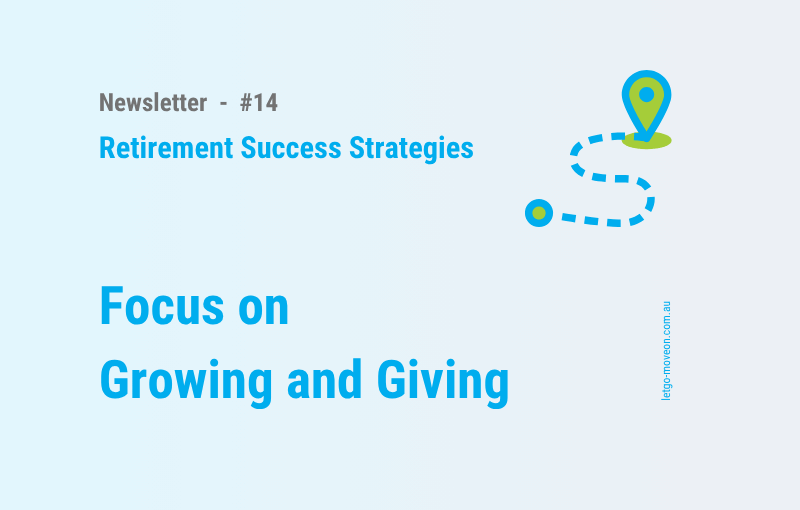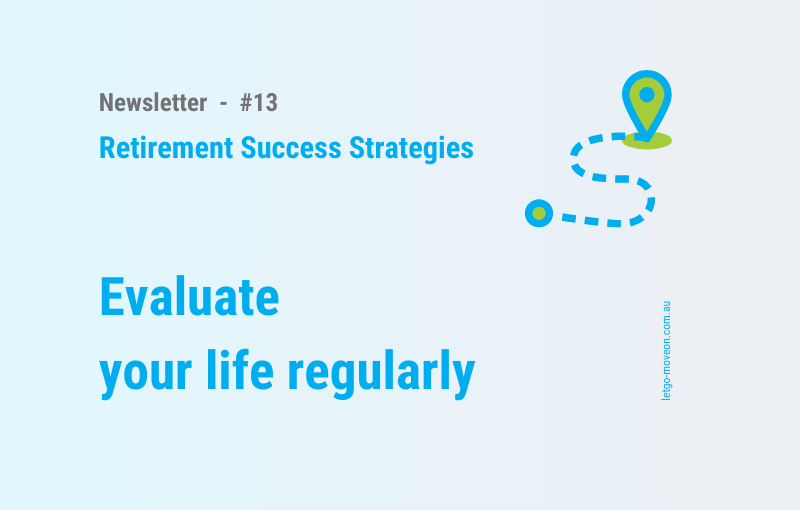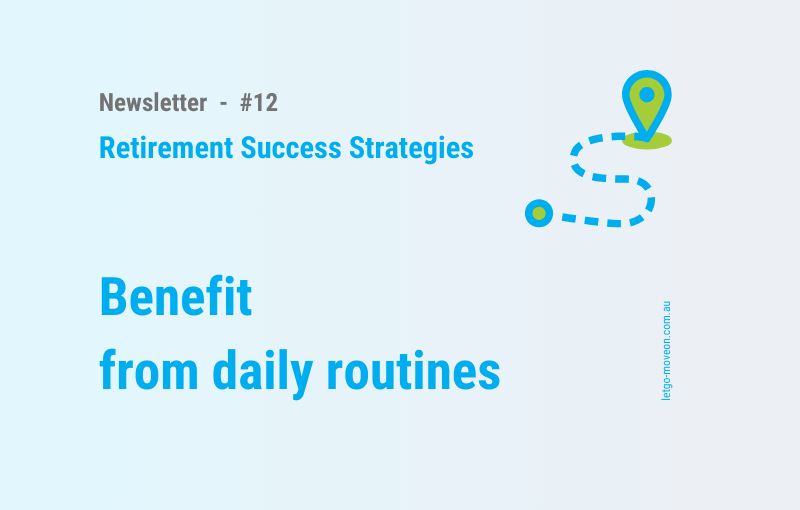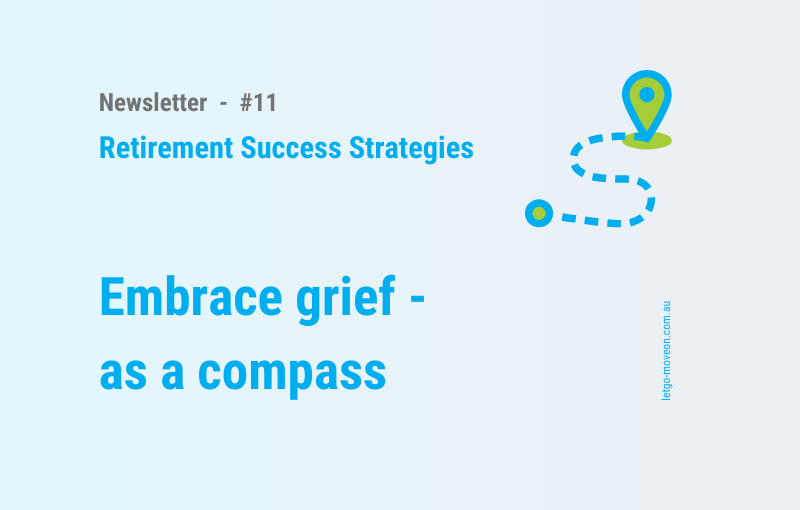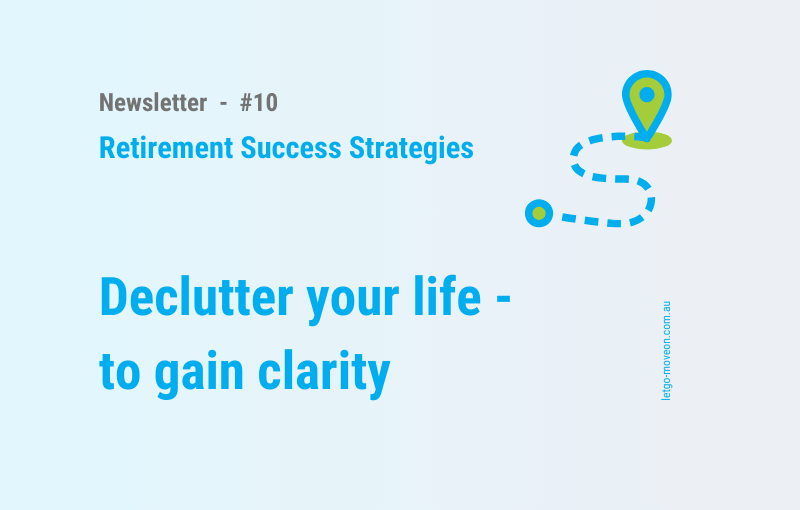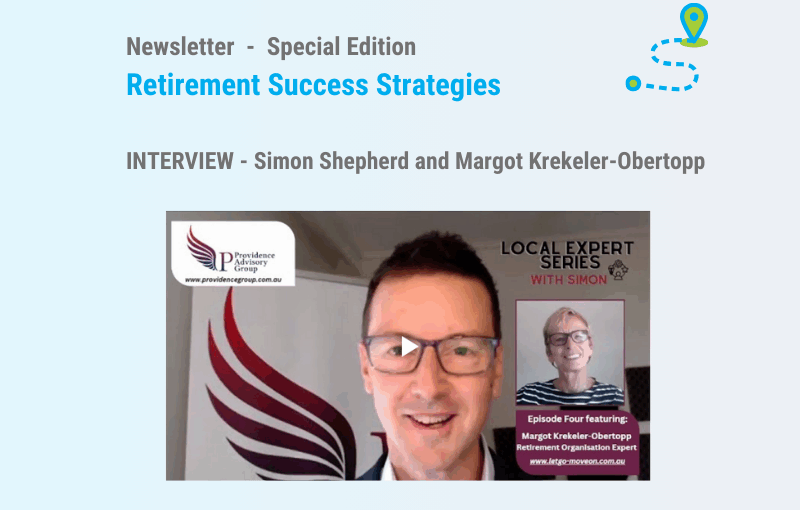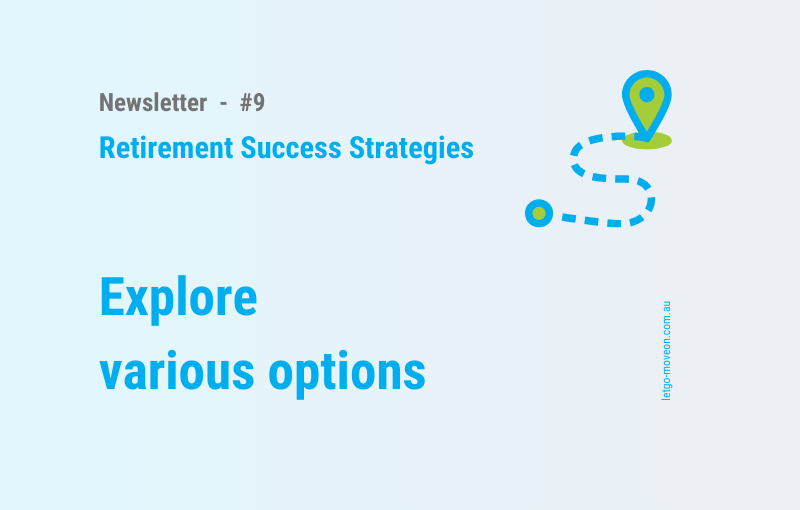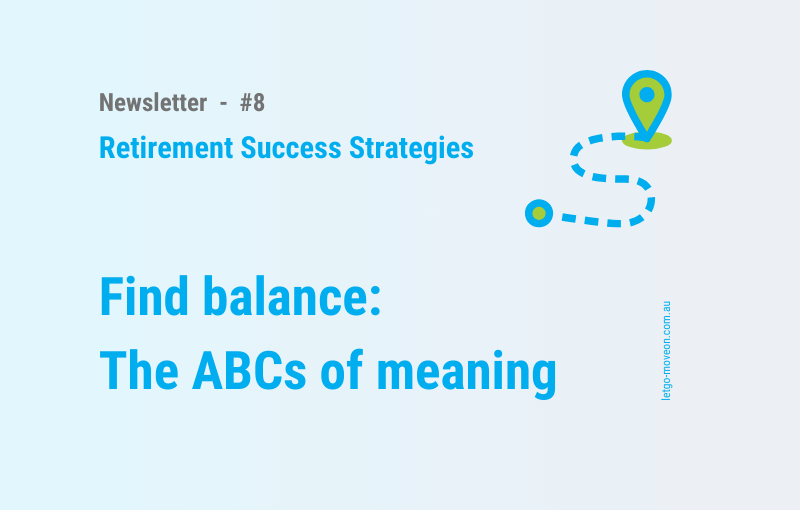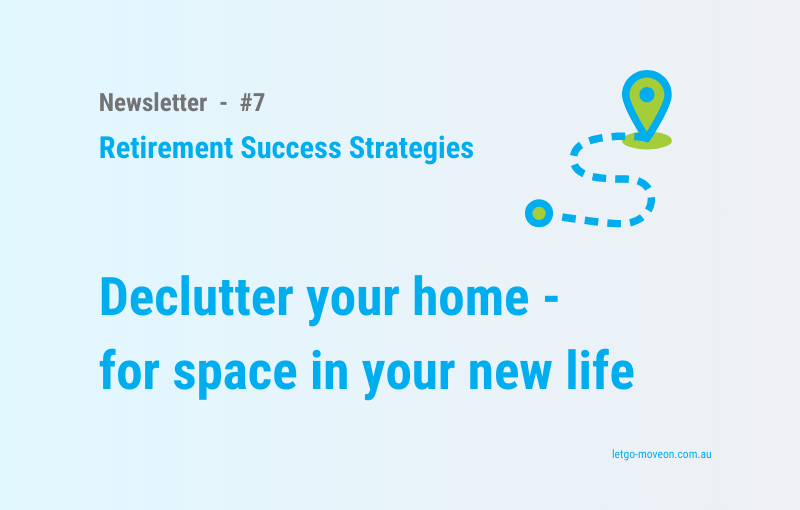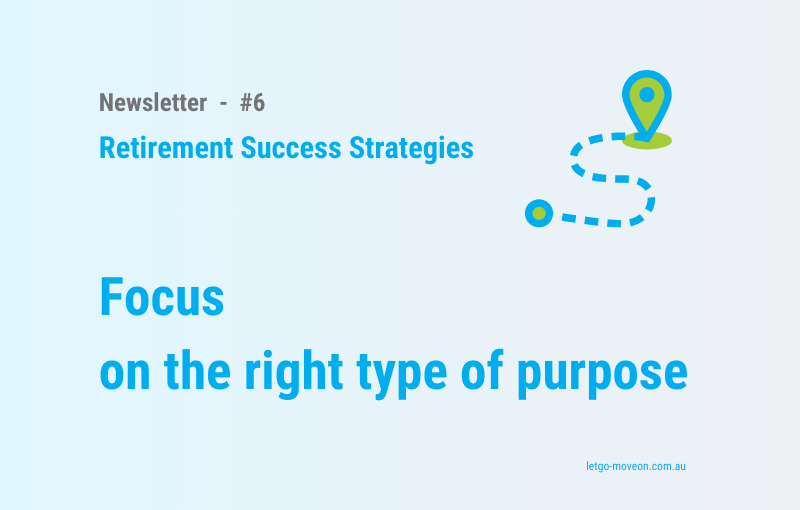As we approach or embrace retirement, understanding who we truly are becomes more important than ever. Knowing our core personal qualities helps us make intentional decisions and live with purpose in this new phase of life.
This simple 5-step exercise will guide you in identifying the five qualities that define and inspire you the most:
The ‘Who am I?’ Exercise – Discover your 5 core qualities
The exercise is fun. It can also feel a bit challenging – and it can give you super-valuable insights.
(Source: The ‘Trolls Travels’ Exercise, The Coaching Tools Company)
Step 1: Make a list of 50 personal qualities – qualities that make up your personality.
List any qualities that come to your mind, including those that you think are ‘negative’ or ‘unimportant’. List anything that you believe contributes to making you the person you are.
Start now, write down quality after quality, in no particular order, and don’t stop until you have collected 50 qualities.
If you struggle to get started, you can google ‘personal qualities’ – but be careful to only include in your list what you truly believe is one of your qualities (not the qualities you ‘should’ have or would like to have).
Example list:
Honest, disciplined, moody, attentive, compassionate, curious, sometimes judgemental, animal lover, athletic, caring, quickly bored, engaged, determined, occasionally defensive, good cook, friendly neighbour, good listener, team player, courageous, self-critical, impatient, ocean swimmer, trustworthy, people-pleaser, hard worker, reliable friend, over-thinking, demanding, understanding, supportive, not good at housekeeping, …..
Step 2: Decluttering Round 1 – Declutter 30% (=15) of the qualities on your list.
-
- What 15 qualities will you give away first? (The ones you think are part of who you are, but you don’t value them most.)
- Go through your list and use a colour pen to strike through 15 qualities about yourself that you value least.
Step 3: Decluttering Round 2 – Declutter another 30% of the qualities on your list.
-
- What 15 qualities will you give away next? (Again, you believe that they are part of you, but they are not your favourites.)
- Go through your list and use another colour pen to cross out another 15 qualities.
Step 4: Decluttering Round 3 – Declutter the final 30% of the qualities on your list.
-
- What final 15 qualities will you sort out? (Yes, you might value each of them a lot, but they don’t belong in the group of the top five.)
- Go through your list for the last time and use another colour pen again to cross out the last 15 qualities.
The third decluttering round can be particularly hard. And it is crucial.
You will leave this round with the five qualities that you think are so important to you and your life that decluttering them is not an option.
Instead, you want to give your full attention to these qualities, and you want to practice them intensively and apply them in all areas of your life.
Step 5: Review the decluttering process and results.
Look at your list again and consider questions like these:
-
- Which qualities were easiest to give up? Why?
- Which qualities were hardest to give up? Why?
- How do you feel about the remaining five qualities?
- Are these qualities the ones you want to focus on in life?
- If yes, how can you make sure to prioritise them in your daily life?
- If not, why is that? And how can you find the qualities you want to have and focus on?
- What have you learned about yourself during this exercise?
I completed this exercise some months ago and recall that I didn’t take it very seriously when I began. And then I was seriously impressed when I’d completed it. And quite surprised.
Because I realised that I actually didn’t like one of my 5 top qualities.
That didn’t feel comfortable. One of the five qualities that I thought described me best – and I didn’t like it?!
I decided to ‘declutter’ that quality, to give it up step by step.
And I chose another quality as part of ‘my top 5 team’, determined to strengthen this quality in my daily life, step by step. (I’m still working on this.)
Based on my experience, I recommend you take this exercise seriously – and do it now!
